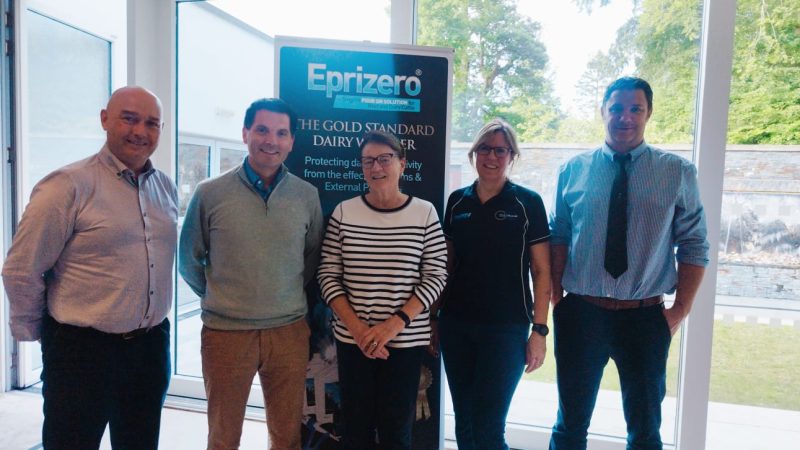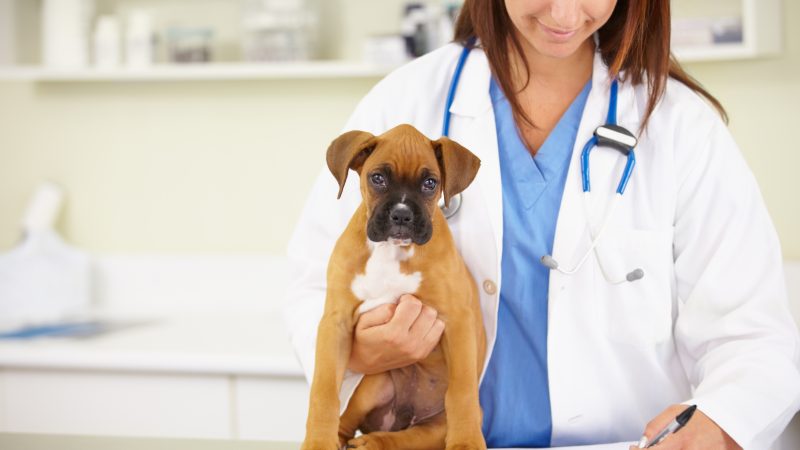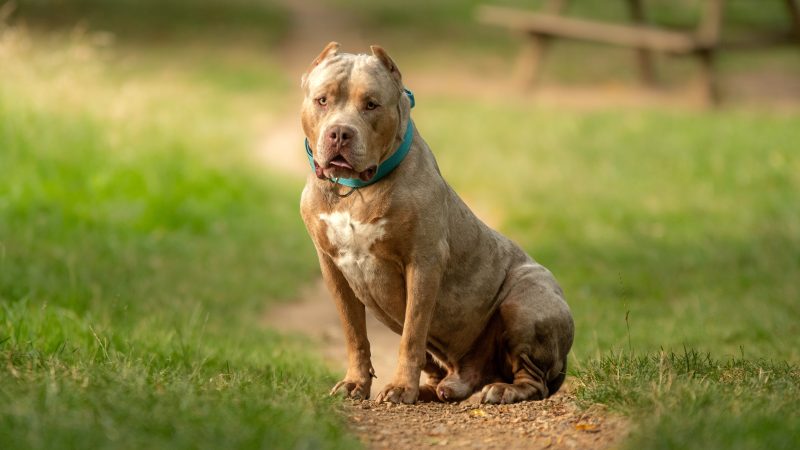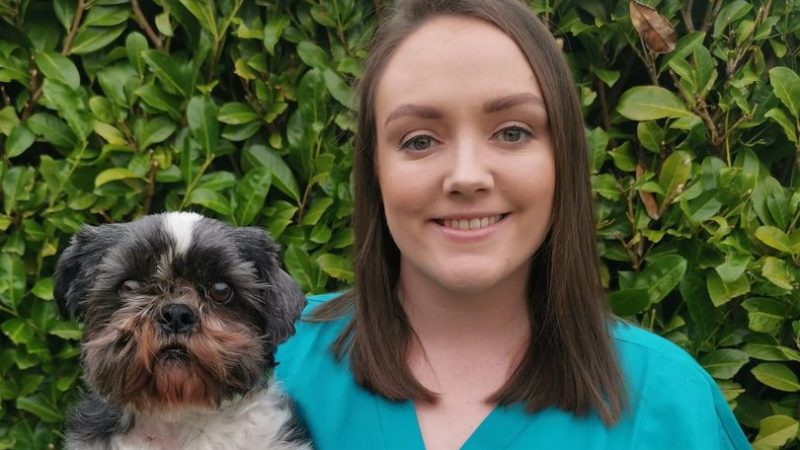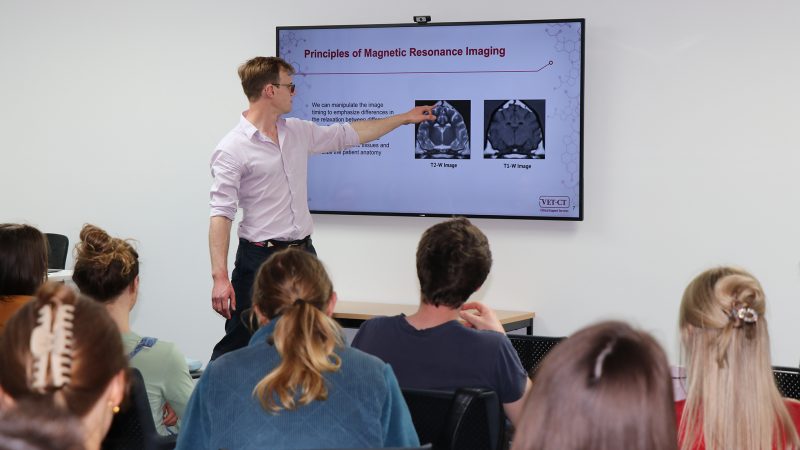NI rivers test positive for traces of veterinary medicines

Rivers in Northern Ireland downstream from livestock farms and farms fertilised with manure have tested positive for residues of antibiotics known to be used in veterinary medicine.
The antibiotic tilmicosin – which can be harmful for humans – was also found at a wastewater treatment outflow serving Belfast, the Bureau of Investigative Journalism has discovered.
Pollution of water with these antibiotic residues encourages the development and spread of superbugs because bacteria already present in the water can develop resistance.
Northern Ireland has become a powerhouse for livestock production in recent years, with a steep rise in intensive poultry farms.
The UK has no specific laws relating to mitigating the spread of antibiotic resistance through farm waste disposal. Instead, regulators rely on farmers to adhere to best practice guidance and codes of practice. The lack of official controls risks the spread of antibiotic resistant diseases in the environment.
Testing across the UK also found evidence of drug resistance in waterways near poultry and pig farms and in cattle farm waste, highlighting the risks of slurry leaks contaminating rivers. Combined with previously unseen data released under freedom of information laws, it presents a snapshot of the extent of superbug pollution stemming from farm waste.
The tests found antibiotic-resistant strains of E coli and Staphylococcus aureus, which can cause serious infections in humans, among other superbugs. Some of the samples showed resistance to antibiotics that are classified as “highest-priority critically important for human medicine”.
Antimicrobial resistance (AMR) is a serious health threat because it makes illnesses harder to treat.
Residues of medicines known as ionophores, widely used in Britain’s intensive chicken industry, were also found.
The Bureau’s new evidence prompted immediate calls for increased surveillance and tougher regulations.
Philip Dunne, the chairman of the environmental audit committee, told the Bureau: “While much of the attention is on sewage overflows when it comes to water quality of our rivers and beaches, diffuse agricultural pollution is another issue lurking under the surface. This investigation raises the risk in our rivers from emerging antimicrobial resistance. This is another good reason why water quality monitoring needs to be ramped up to avoid people becoming gravely ill.”
Responding to the findings, the National Office of Animal Health, which represents the animal medicines industry, including companies that produce veterinary medicines, highlighted the robust and comprehensive regulatory systems for licensed veterinary medicinal products (including antibiotics) in place in the UK, including extensive and thorough testing and regulatory oversight.
NOAH added: “For a Marketing Authorisation to be issued to an animal health company for a veterinary medicinal product, they are required to provide detailed information on the product safety (including environmental safety, efficacy and quality).
“In addition, UK veterinary medicinal products are also required to undergo an environmental risk assessment (ERA). The ERA is an evaluation of the possible hazards to the environment posed by a veterinary medicine and considers the use of the medicinal product and the physico-chemical, ecotoxicological, and fate properties of its active substance and involves a rigorous testing process.
“Furthermore, the safety (including environmental safety) of licensed veterinary medicinal products is kept under continuous ongoing review through product pharmacovigilance systems. Should the regulators deem changes are required to authorisations, including how products are used, then they can require such changes to be made.”
“The use of veterinary medicines is a force for good and we welcome discussion on the wider implications of using these products but it must be done in a balanced and scientific manner.”


